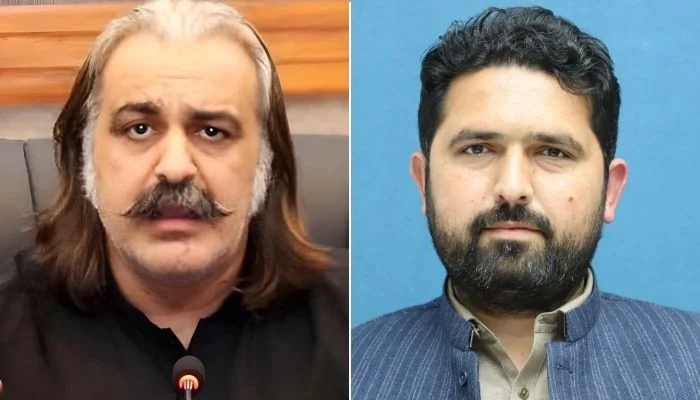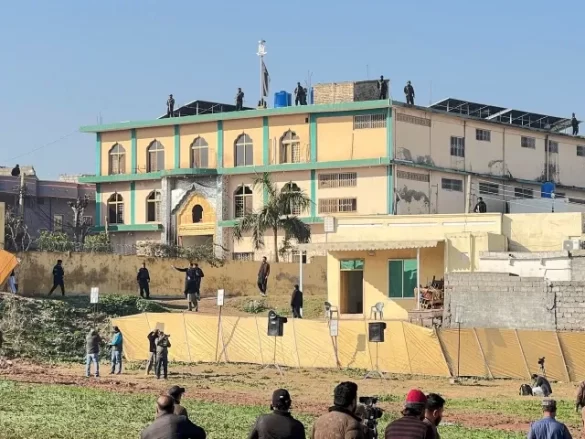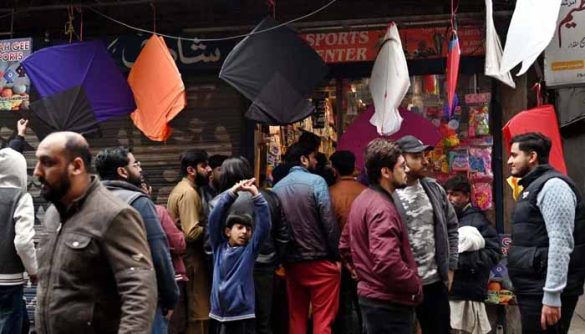Gandapur Steps Down at Party Founder’s Request
Khyber Pakhtunkhwa Chief Minister Ali Amin Gandapur has announced his resignation, saying the decision was made on the direction of Pakistan Tehreek-e-Insaf (PTI) founder Imran Khan. Gandapur stated that he would extend full support to the party’s new nominee, Sohail Afridi.
“This position was a trust given to me by the PTI founder,” Gandapur told reporters. “I am resigning on his instructions. We will continue to move forward together, united for the party’s cause and the release of our leader.”
Gandapur’s resignation ends months of speculation about internal differences within the PTI’s Khyber Pakhtunkhwa (KP) chapter, where tensions had reportedly been building over governance style and relations with the federal government.
Party Confirms Leadership Change
PTI Secretary General Salman Akram Raja confirmed the leadership change while speaking to the media. He said the decision was made after “a comprehensive review” of the province’s deteriorating security situation.
“The party has decided to bring a new leadership to Khyber Pakhtunkhwa,” Raja said. “This is part of our strategy to respond effectively to the rising wave of terrorism in the region.”
According to Raja, the nomination of Sohail Afridi as the new chief minister was personally approved by Imran Khan. “This is Imran Khan’s decision,” he added. “Sohail Afridi has been instructed to maintain a degree of autonomy from the federal government and to pursue an independent policy that ensures a more effective response to terrorism.”
Raja emphasized that the transition would be smooth. “The assembly will elect Sohail Afridi without any difficulty,” he assured. “This change marks a fresh start under a renewed policy direction.”
Rising Security Concerns in the Province
The province of Khyber Pakhtunkhwa has witnessed a steady rise in militant attacks over the past year. According to data from the Pakistan Institute for Conflict and Security Studies, KP accounted for nearly 40% of all terror-related incidents in Pakistan in 2024.
The region’s proximity to the Afghan border and the resurgence of the Tehreek-e-Taliban Pakistan (TTP) have created severe challenges for provincial authorities. Security analysts say the PTI leadership may have sought a new face in KP to realign the government’s counterterrorism strategy.
Sohail Afridi: From Student Leader to Chief Minister Nominee
Sohail Afridi, the newly nominated chief minister, hails from the Khyber district. He was elected as a member of the provincial assembly from PK-70 for the first time. Afridi has previously served as the provincial president of the Insaf Students Federation, the PTI’s student wing.
In the current administration, Afridi held key portfolios — first as Special Assistant for Communication and Works, and later as Minister for Higher Education. Party insiders describe him as a “young, energetic leader” known for his organizational skills and close alignment with the PTI founder’s vision.
Afridi’s nomination, observers say, reflects the PTI’s attempt to inject new energy into its KP leadership at a time of mounting pressure from both political rivals and security challenges.
Political Friction Within the Party
Sources familiar with internal party dynamics told local media that growing differences between Ali Amin Gandapur and senior PTI figure Aleema Khan may also have contributed to the leadership change. Reports of strained relations between the two have circulated for months, though neither has publicly addressed the issue.
While party officials insist the decision was “purely strategic,” analysts suggest that internal disagreements and shifting alliances within the PTI may have accelerated Gandapur’s departure.
A Strategic or Political Move?
It remains unclear whether Gandapur’s resignation is part of a broader political strategy or simply the outcome of internal discord. However, PTI leaders have framed the move as a proactive step to strengthen the provincial government’s ability to tackle terrorism and restore stability in the region.
“The leadership change is a signal that PTI wants to start afresh in Khyber Pakhtunkhwa,” said one senior analyst. “The province has long been PTI’s political stronghold, and the party cannot afford instability here.”
As Sohail Afridi prepares to assume office, he faces a difficult balancing act — managing the province’s security crisis while navigating the complex political currents within his own party. The coming weeks will determine whether this leadership shift brings the renewal PTI hopes for, or further exposes the party’s internal divides.















